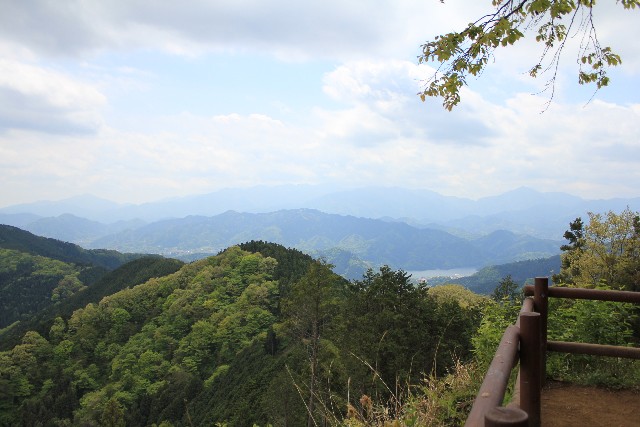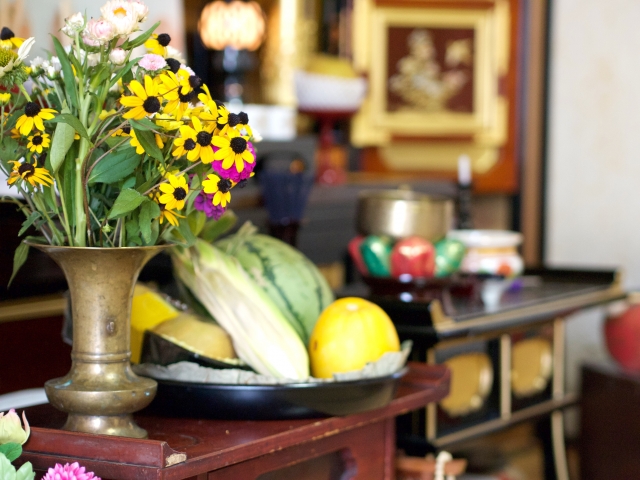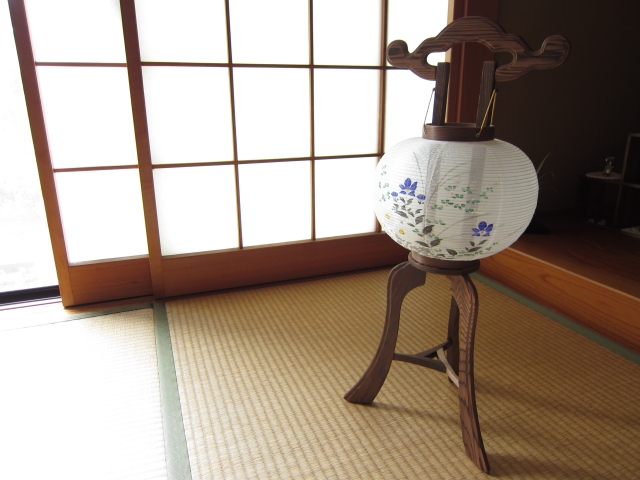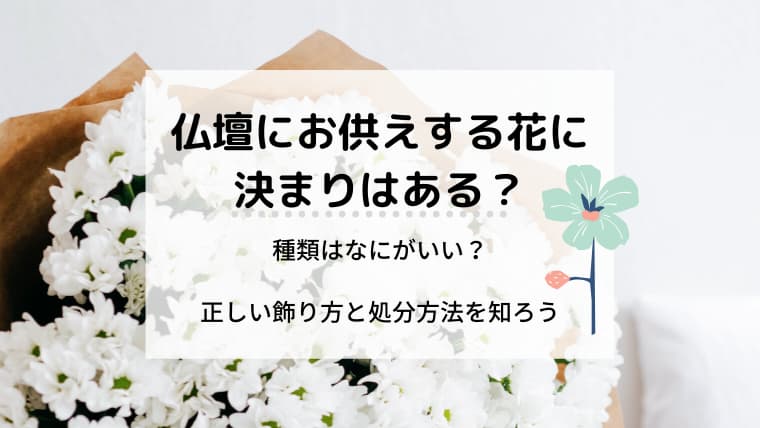お盆を英語で簡単に説明する|すぐ使える例文と日本語訳を紹介
日本特有の文化として、「お盆」や「お盆休み」があります。
お盆は日本独自の文化であるため、外国出身の方に説明する時には、文化的な背景などから伝える必要があり、英語が苦手な人にとっては難しい面もありますね。
お盆の特徴を的確に表す英語表現も必要です。
そこで、お盆とはそもそもどんなものかを整理して、英語でなんて言うのかについて簡単に解説していきます。
説明する際に考慮すべきことや、例文などもたくさん載せていますので、ぜひご活用ください。
お盆は英語でなんて言う?
そもそも、お盆とは何なのでしょうか?
連休?帰省?ご先祖様?お供え物?いろいろな側面がありますよね。
お盆は様々な側面を含んでいるがゆえに、どの部分に焦点を当てて説明するかをあらかじめよく考えておく必要があります。
お盆について説明する時のポイントはこちら。
・お盆にご先祖様があの世から帰ってくる
※仏教・神道問わず行われている
・お盆の期間は8/13~8/16の4日間(8/15の中日前後)
※地域によっては7月の場合もある
・大型連休である
・家族でご先祖様を供養する
・供養方法は、地域や宗派によって異なる
説明する時に重要なのは、お盆という習慣は外国にはないというのを頭に置くことです。
そのため、大前提として、お盆に死者の魂が家族のもとに帰ってくるという発想自体を説明する必要があるわけです。
また、お盆は何かと一言で表すとすれば、「期間」もしくは「行事」です。
そのため、お盆の定義付けを行う際には、”period”や”event”という表現を用いるとよいでしょう。
お盆を英語で説明する文
前章で確認したポイントをふまえて、お盆を全体的に説明する例文を紹介します。
Obon is a commemorative period when Japanese people hold a memorial service for their ancestors. In general, the period is 4 days, around August 15th. Most schools and companies give some days off in a row around Obon.
In Japan, people share the belief that the spirit of their ancestors comes back to their home during Obon. Family members go back to their parents’ home and hold a memorial service for their ancestors during the period. The ways of commemoration differs in regions and in religious sects.
一文ずつ分けて訳します。

必要な内容は入っているので、お盆の意味は伝わると思います。もっと他の言い方も知りたいなぁという方のために、いろいろな言い方の例文も次に紹介します。
お盆を簡単に英語で説明するには
何かを説明する時に、相手の興味がそこまで大きくない場合には、話が長いと後半の内容が相手の頭に入っていきませんよね。
そこで、ちょっとした会話などでより簡単に説明したい場合におすすめな例文も考えました。
参考にしてください。
Obon is a long vacation unique to Japan. People hold a Buddhist memorial service for their ancestors during the period.
お盆は、日本に独自の長期休暇です。(日本の)人々はお盆の期間にご先祖様への法要を行います。
Obon is a Japanese traditional religious event. People have a few days off in mid-August to mourn their ancestors.
お盆は日本の伝統的な宗教的行事です。(日本の)人々はご先祖様を弔うために、8月中旬に数日間の休暇を設けます。
Obon Festival is an religious annual event in Japan. Family members gather in their parents’ home to welcome the spirit of the dead. It’s in mid-August.
お盆休みは、日本の宗教的年中行事です。死者の魂を迎え入れるために、家族が実家に集います。8月の中旬頃にあります。

資料に載せたり、施設などでの案内に使ったり、短く説明したい時にぴったりです。会話の場合は、相手の反応を見ながら必要な情報を補足してあげると、より効果的に伝わります。
目的別の例文
説明したい相手や場面によって使い分けられるように、目的別にお盆を英語で説明する例文を紹介します。
- 大型連休の1つであることを強調したい場合
- 日本の伝統文化であることを強調したい場合
この2点について説明します。
お盆休みを説明する例文
まずは、日本の大型連休の1つであることに焦点を当ててお盆を説明してみましょう。
初めて日本に来た同僚などに、お盆休みとはどのようなものかを説明する際に利用できる例文です。
Obon is one of the long vacations in Japan, along with Golden Week and New Year holidays. It is in the middle of August.
Originally, it is a Japanese traditional religious event where family members gather in their parents’ home to welcome the spirit of their ancestors. However, quite a few people spend Obon Vacation on leisure such as traveling.
A great number of people move for the purpose of homecoming or traveling at the same time during the period. As a result, heavy traffic jams occur all over the country. In addition, some people are forced to remain standing in Shinkansen. So, If you plan to go somewhere, you had better make a reservation early.
一文ずつ訳します。
「お盆休み」という単語をそのまま英語にするとしたら、翻訳では「Buddhist vacation(仏教の休暇)」と出ることが多いです。
それでもいいですが、他の言い方も紹介します。
Japanese traditional memorial period for ancestors
日本の伝統的なご先祖様の追憶期間
Japanese summer vacation to mourn the dead
死者を供養する日本の夏季休暇
mid-August meeting of the alive and the dead
8月中旬の生者と死者の会合
mid-August vacation to mourn the dead
8月中旬の死者を弔う長期休暇
the period of ancestors’ homecoming
ご先祖様が帰省する期間
the period of homecoming of the dead
死者が帰省する期間
welcoming festival of the dead in summer
夏に死者をお迎えする行事

お店などの「お盆休みのお知らせ」にちょこっと書いてみたり、「お盆休みってなに?」と聞かれて簡単に説明したい時に使ってみてください。
日本文化に興味がある人に説明する例文
続いては、お盆の日本の伝統文化であるという側面を強調して説明したい場合の例文です。
日本文化について深く知りたい日本大好きな方のために、文化的背景に重点をおいて説明した例文を作りました。
Obon is a commemorative period when Japanese people hold a memorial service for their ancestors. It’s around August 15th.
In Japan, it is said that the spirit of their ancestors return to their home during Obon. Family members gather in their parents’ home to welcome the spirit of the dead. The ways of commemoration differs in regions and in religious sects.
For example, Awa Odori Festival is held in Tokushima Prefecture. It’s a very famous event regarding Obon. “Awa” is an area located in Tokushima, and “Odori” means dance. So, Awa Odori Festival is an event where people get together in Tokushima and have a dance to mourn the dead.
訳はこちら

日本人でも知らない人がいるかもしれないような内容も入れてみました。日本文化について興味を持って、親しんでもらえたらいいなと思いますね。
まとめ
お盆と一言で言っても、いろいろな側面があります。
今回は、以下のような場面ごとに分けて例文を紹介しました。
・全体的に説明したい場合
・簡潔に説明したい場合
・大型連休の1つであることを強調したい場合
・日本の伝統文化であることを強調したい場合
いずれにしても、お盆を説明する際には、相手にお盆のどの側面を切り取って説明したいのかを先に頭の中で整理しておくことで、より効果的に伝えることができるでしょう。
今回ご紹介した例文もぜひご利用ください♪





